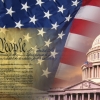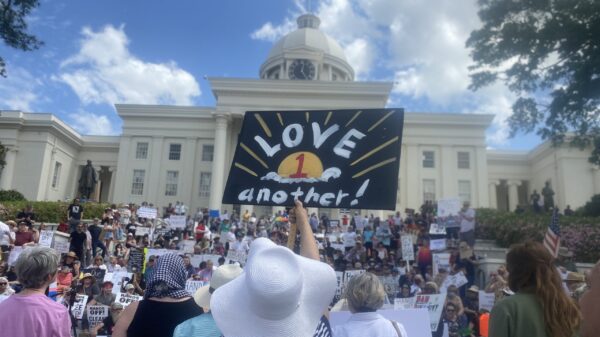The Alabama Department of Public Health reported an additional 2,283 coronavirus cases Thursday, shattering the previous high for daily case increases of 2,195 on July 9.
July has been by far the worst month since the coronavirus crisis began. The top eight days for coronavirus cases have all occurred during the month of July.
The department also reported another 32 COVID-19 deaths on Thursday. Wednesday set a record for the most COVID-19 deaths reported in a day at a staggering 57. At least 431 Alabamians have perished in the month of July from COVID-19, again surpassing every other month.
Since March, at least 1,357 Alabamians have died of COVID-19, and 72,696 Alabamians have tested positive for the coronavirus since the first case was diagnosed in the state in mid-March.
The 431 Alabama deaths from COVID-19 surpasses the state’s previous worst month of May, during which 359 Alabamians died in this global pandemic. At least 296 Alabamians died in June, 259 in April and 13 in March — the first month that the novel strain of coronavirus, SARS-CoV-2, appeared in Alabama.
{{CODE1}}
The 2,283 Alabamians who were reported to have tested positive for coronavirus on Thursday raise the number of cases in the month of July to 35,160 — more than any other month.
Alabama ended June with 37,536 coronavirus cases. The state has seen the number of cases surge since the economy reopened in early May. Critics have suggested the reopening of the economy was a bit premature. Whatever the case, Alabamians have widely refused to consistently follow the social distancing and mask guidelines meant to keep them safe.
In June, 19,584 coronavirus cases were reported in Alabama, and 10,884 cases were diagnosed in the month of May. 6,069 cases were reported in April while 999 cases were diagnosed in March.
The top ten days for Alabama patients hospitalized for COVID-19 have all also been in July. Alabama hospitals report that 1,547 Alabamians were hospitalized with COVID-19 on Tuesday.
{{CODE2}}
At least 3,313 long-term care residents have tested positive for the coronavirus as have 2,034 of the people tasked with caring for them.
Alabama is currently under an amended “safer-at-home” order until July 31 at 5 p.m. The governor is also requiring that all citizens wear a mask anytime they are within six feet of anyone not living in their household.
The ADPH said that they are using data and metrics to make recommendations to assist the governor’s office, partners and stakeholders across the state in making decisions about safely reopening Alabama.
Wal-Mart, Publix and many other businesses are denying entry to anyone who will not wear a mask or a cloth face covering. The ADPH is advising everyone to socially distance. Don’t shake hands or hug people, even relatives, when out, and stay six feet away whenever possible.
The state is also asking that citizens avoid large gatherings, wash hands frequently and avoid touching your face.
To this point, more than four million Americans have been diagnosed with the coronavirus, and more than 146,000 Americans have died in the global pandemic, including more than a thousand on Thursday.




















































